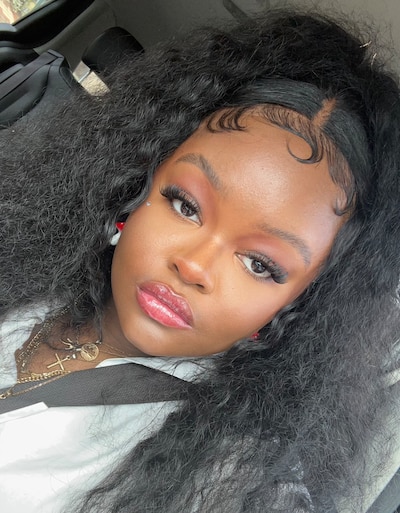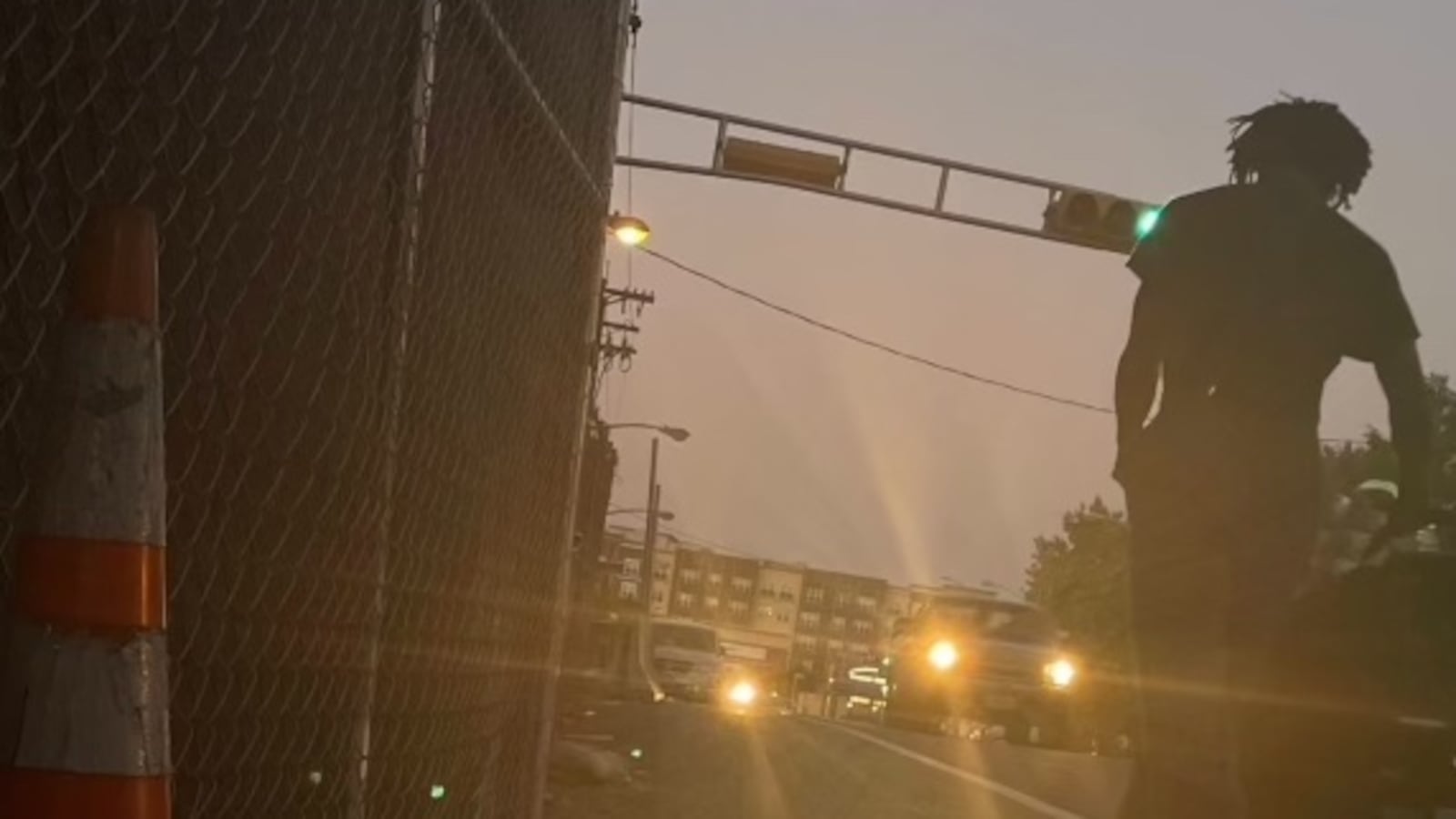Content warning: This essay contains references to thoughts of suicide.
As the winter breeze blew through my braids, I felt a surge of excitement. Back then, good news was hard to come by so I was eager to share some with my mom. A smile spread from ear to ear as I rushed toward a white Honda parked across the street from my school, imagining her reaction.
But the usual sensation of love and security that I felt in my mom’s presence seemed to diminish with each step that I took. My mom didn’t trust me crossing the street, so she would usually park closer. This time, she didn’t roll down her window and call out to me with familiar laughs and friendly jokes. Something was wrong. A brewing surprise awaited me in that car. I hate surprises.

I hesitated for a moment before opening the car door. When I did, my heart sank when I saw who was driving. As I settled into the back seat, I wasn’t met with the typical “How was your day?” but instead with a chilling silence. Every slight noise — the hum of the car engine, the shuffling of my burgundy coat, my heart pounding — seemed magnified.
I recall having to swallow what felt like a brick to playfully ask, “Can we go home?”
“You have no home,” my mom’s partner said, turning around from the driver’s seat to look at me. He taunted me. I begged and pleaded to go home as tears fell from my eyes. He laughed and repeatedly said, “You have no home.”
Months earlier, my mom’s day care business began to fail. Money wasn’t coming in, running hot water was a luxury, and choosing what to eat was no longer a privilege. Although she was in a “marriage,” my mom was always left to figure things out on her own. Only this time, she couldn’t find a solution.
Eventually, her partner decided it was best to sell our home, the same home where his presence contributed little but chaos and stress. My mornings were often filled with the discordant symphony of screaming and arguing — whether it was about his infidelities or his decision to take our front gates down, resulting in my mom having to close the day care.
At the time, school and God were my only escape. At school I kept up appearances, pretending everything was normal, even as my life was slowly falling apart. I reminded myself that school would be the way out for my mom, my sister, and me.
I remember walking home one day to an empty house. The tables, the daycare toys — everything was just gone. That’s when the reality of my situation hit me. I felt shock, sadness, and worry. In that moment all I could do was document my barren home on Snapchat memories. I guess some part of me knew that this would be important one day, even if I didn’t understand it at the time.
Life after that chaotic winter night in 2019 was “no crystal stair,” as the poet Langston Hughes put it:
It’s had tacks in it
And splinters,
And boards torn up,
And places with no carpet on the floor—
Bare.
But when you saw me at school, you would’ve never known that the night before, I had slept in the car or that I had to get ready and freshen up in a gas station bathroom. I was always full of giggles. Growing up, I was taught that what happens in the house stays in the house, even if you no longer have one.
I remember the third night after losing my home — after spending two nights in a cold car — my mom’s partner, who had been sleeping at his sibling’s house, finally brought us to a Holiday Inn. He paid for us to spend the night there but initially didn’t give us any of the proceeds from the sale of our home. We arrived with nothing but the clothes on our back and whatever my mom managed to pack in a small brown bag.
At school I kept up appearances, pretending everything was normal even as my life was slowly falling apart.
That night, for the first time, I had thoughts of ending my life. I was only 12 years old.
I had made up my mind that life would be easier for my mom without me. As my thoughts spiraled downward, I received a text message from my sister. She sent me Romans 8:28: “And we know that in all things God works for the good of those who love him, who have been called according to his purpose.” The scripture was a lifeline and managed to calm the storm in my mind.
After about three months in hotels and motels, we had run out of money. To make matters worse, my mom’s license plates got taken, so getting to school meant walking, often in the freezing cold, or taking a cab we couldn’t afford.
Life while being homeless was like a rabbit hole. Things were constantly changing. This instability caused me to be late to school almost every day of my seventh grade year, drawing the attention of my guidance counselor. It was hard for me to reach out for help, but when I finally got the courage to do so, my situation became gossip. I never spoke about it again.
Unfortunately, the school wanted to get the state involved. Just when I thought my world would get flipped upside down, and I would be separated from my mom and forced to repeat a grade, COVID and quarantine changed things.
During what was meant to be a two-week quarantine, our only options for housing was to go to a homeless shelter or upstate to my mom’s father’s place. Eventually, with hesitation, my mom decided to take my sister and me to her father’s home — a place I came to call “the hell house.”
The external appearance of this house was deceiving. The grass was freshly cut, and there was a pool in the backyard, but inside this beautiful home hid an ugly truth: the constant threat of violence.
Before COVID, life felt like it was moving too fast, and we couldn’t keep up. Quarantine was supposed to give us a break, a chance to figure out our next step. However, living in the hell house triggered my mom, plunging her into a deep depression. Nothing could snap her out of it. When we were kicked out into the snow eight months later, we had nowhere to go. No car, no money, nothing.
The rule “what happens in the house stays in the house” no longer applied. My sister reached out to our godmother in Newark who welcomed us with open arms. Her family provided the steady, loving environment that I so desperately needed. My mom was always doing for others, so it was hard for her to acknowledge that she and we needed help. If it wasn’t for quarantine, I would not be where I am today: safe, stable, and surrounded by love.
Alexa Brown-Hill, a junior at Bard High School Early College in Newark, is a multifaceted individual who is deeply passionate about literature and aspires to become a published author and a makeup artist. She is a 2023-24 Chalkbeat Student Voices fellow.

